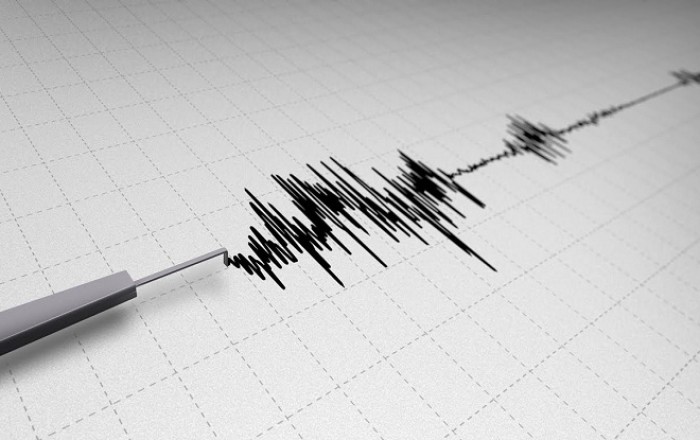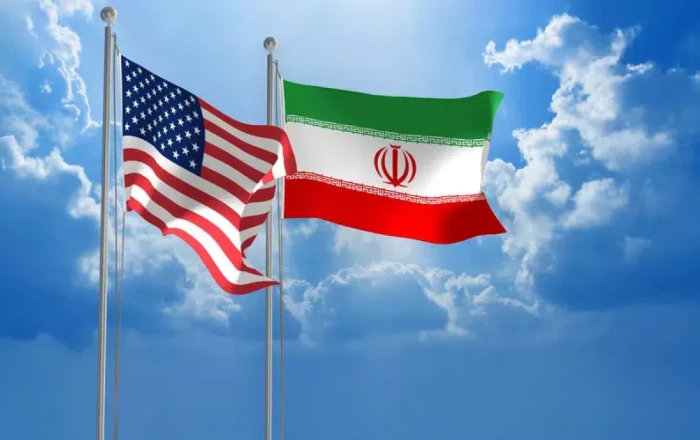The New York Times describes in a recent article that when US President Donald Trump unveiled his ambitious tariff plan, many economists were left scratching their heads.
With rates set to skyrocket, one prominent economist, whose research was cited in the administration’s methodology, is sounding the alarm—arguing that the proposed tariffs are not only flawed but could be dramatically smaller. In a scathing critique, he reveals why the trade strategy may be built on faulty assumptions, urging the White House to rethink its approach before it’s too late.
The proposal, which aims to impose significant tariffs on multiple trading partners, is based on a methodology that the Trade Representative’s office claims would eliminate trade deficits with each partner. However, the economist in question disagrees, asserting that such an approach overlooks the complexity of global trade.
“The idea that tariffs can eliminate trade deficits with each country is not reasonable,” the economist stated. “Trade imbalances can arise for many reasons unrelated to protectionism, such as differences in natural resources and development levels.”
Though there are arguments for reducing the overall trade deficit to mitigate risks related to national debt, the economist argues that the administration’s approach doesn’t account for the nuances of international trade. He humorously referenced Nobel laureate Robert Solow’s comment, “I have a chronic deficit with my barber, who doesn’t buy a darned thing from me,” to illustrate that not all imbalances are indicative of unfair competition.
The economist also criticized the administration's formula, particularly its use of a 25 percent pass-through rate for tariffs, noting that this figure was not based on their research. According to his findings, a 95 percent pass-through rate would have been more accurate, resulting in significantly lower tariff rates—potentially one-fourth of the current proposal.
As a result of these methodological errors, the economist warns that the tariffs could escalate average tariff rates to their highest levels in over a century, affecting both large economies like China and Europe and smaller countries like Jordan and Zambia.
In conclusion, he urges a recalibration of the policy, recommending a reduction of tariff results by a factor of four to ensure a more reasonable approach.
By Naila Huseynova
Source: caliber.az












